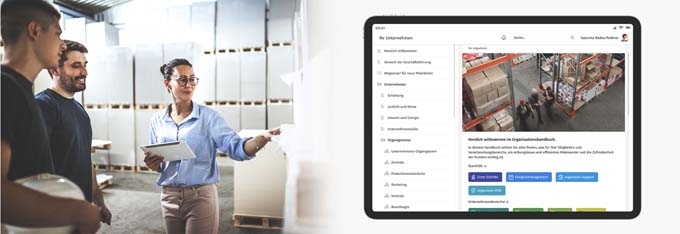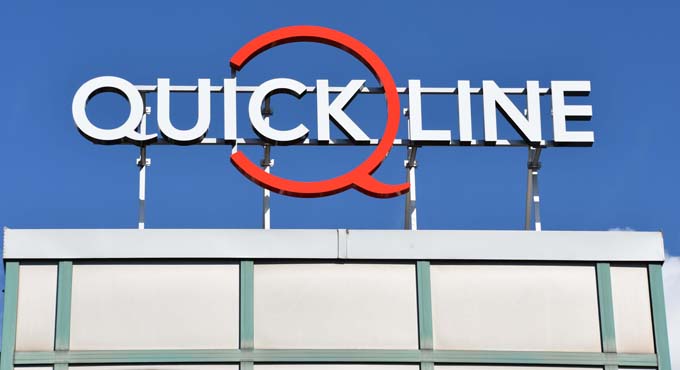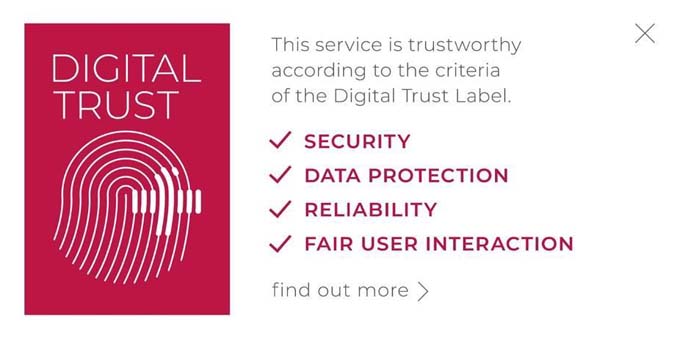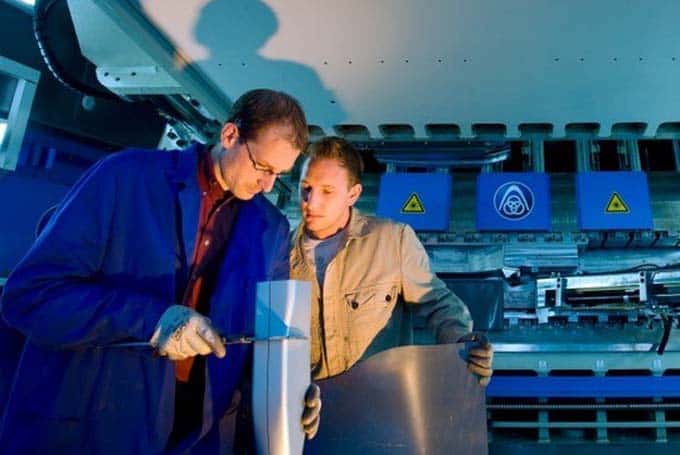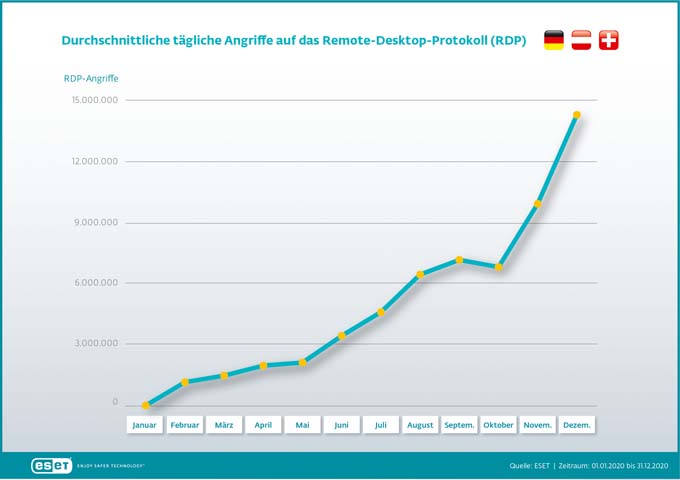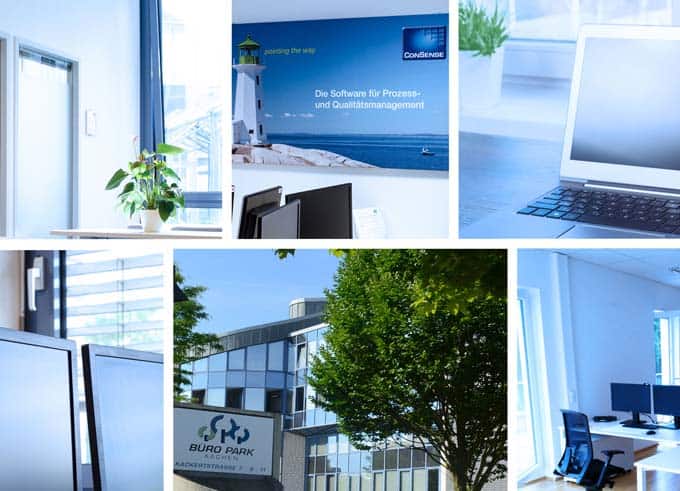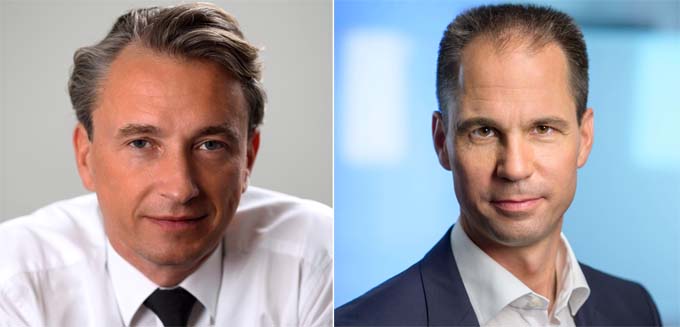Investment in employee health will increase
International SOS's 2022 Risk Outlook reveals a direct COVID 19 impact: more than 50 percent of companies intend to increase spending on mental and physical health. This as a result of increasingly complex risks.

International SOS's annual global Risk Outlook 2022 report, produced in collaboration with market research firm Ipsos Mori, reveals an increasingly complex risk landscape facing organizations. Nearly 1000 employee health professionals in 75 countries were surveyed. The responses show that there will be increased investment in both mental and physical health. More than half, or 56%, of companies intend to increase spending in both areas.
Productivity losses due to mental health problems
Companies face a dual health challenge, according to the survey. In addition to the physical aspects of protecting against COVID-19, the pandemic has contributed significantly to a mental health crisis, according to Risk Outlook 2022. More than a third of respondents (36 %) expect mental health conditions to cause a significant drop in productivity in 2022.
The need for increased investment in employee health stems from the fact that businesses expect increased risks in 2022. More than two-thirds (68 %) of companies expect risks to increase or remain the same next year. In particular, decision makers responsible for business travel (69 %) and international expatriates or expatriates (67 %) expect risk levels to increase or remain the same in 2022.

Business travel as a risk to employee health
Particularly in connection with the topic of business travel and expats, International SOS notes that access to high-quality healthcare has become a major challenge in many countries due to the pandemic. If this is inadequate or unavailable in the country being travelled to, medical evacuation is often mandatory. International SOS data shows that the risk of medical evacuation during a business trip is nine times higher today than it was in 2019, due to the direct impact of Covid-19, coupled with an increased need for medical care and due to complex requirements regarding testing, isolation and quarantine measures. Overall, medical evacuations have become much more complex - and correspondingly more costly: The processing time for handling a medical evacuation for Covid-19 cases and non-Covid-19 cases has currently increased due to the complex organization in terms of logistics and obtaining all necessary permits.
COVID-19 remains a major challenge in 2022
For many organizations, COVID-19 remains a major operational challenge. One-third (33 %) of respondents to Risk Outlook 2022 said that having adequate resources to deal with the virus would be one of the biggest challenges in 2022. Respondents from Western Europe and the Americas were challenged by COVID-19 guidelines, particularly the need to define testing and vaccine guidelines for COVID-19. 36 % of respondents in Western Europe and the Americas cited this as a problem, compared to a global average of 25 %.
Pandemic biggest concern for employee health
While the pandemic tops the list of concerns, other perennial security risks are expected to cause disruption in 2022. With growing concerns about climate change, 21 % of respondents expect natural disasters, including extreme weather, to cause disruption in 2022, closely followed by transport issues - both for local, national and international travel - (19 %) and security threats and civil unrest (16 %).
"In 2022, businesses need to be aware that perennial security concerns such as crime, civil unrest, terrorism or other geopolitical issues have not disappeared as a result of the pandemic. In many cases, the risks have actually increased. Tensions surrounding lockdowns, vaccine rollouts, and perceived encroachments on civil liberties have led to riots and violence in some places. With increasing vaccination requirements or restrictions on unvaccinated individuals worldwide, tensions are expected to increase in 2022. In addition to COVID-19-related triggers, natural disasters, geopolitical events, domestic conflict, and crime will continue to impact businesses around the world. These impacts will intensify in 2022 as travel increases again and there is a greater focus on the duty of care of employees in their home country," says Gautier Porot, Security Director for Switzerland and Italy at International SOS.
Risk outlook 2022: Five forecasts
International SOS's top five listed forecasts for the next year are based on the results of the Risk Outlook Survey, expert interviews and the company's own data:
COVID-19, Long COVID and mental health will be the main disruptors of employee productivity in 2022, causing increasing absenteeism and continuity issues.
The infodemic will further exacerbate complexity in employee protection. At the same time, duties of care will be reshaped by new health and safety measures, employee expectations and regulatory compliance.
Activities disrupted by the pandemic will become more stable by 2023 as companies use health and safety risk management as a competitive advantage. With improved risk management, companies support employee retention and willingness to return to activities such as business travel.
Companies run the risk of being caught off guard by rapidly changing security environments, as civil unrest and geopolitical volatility will exceed pre-pandemic levels.
Climate change will increase the frequency and impact of climate-sensitive hazards such as infectious diseases, extreme weather events and socio-economic tensions.
Source and further information: International SOS.








